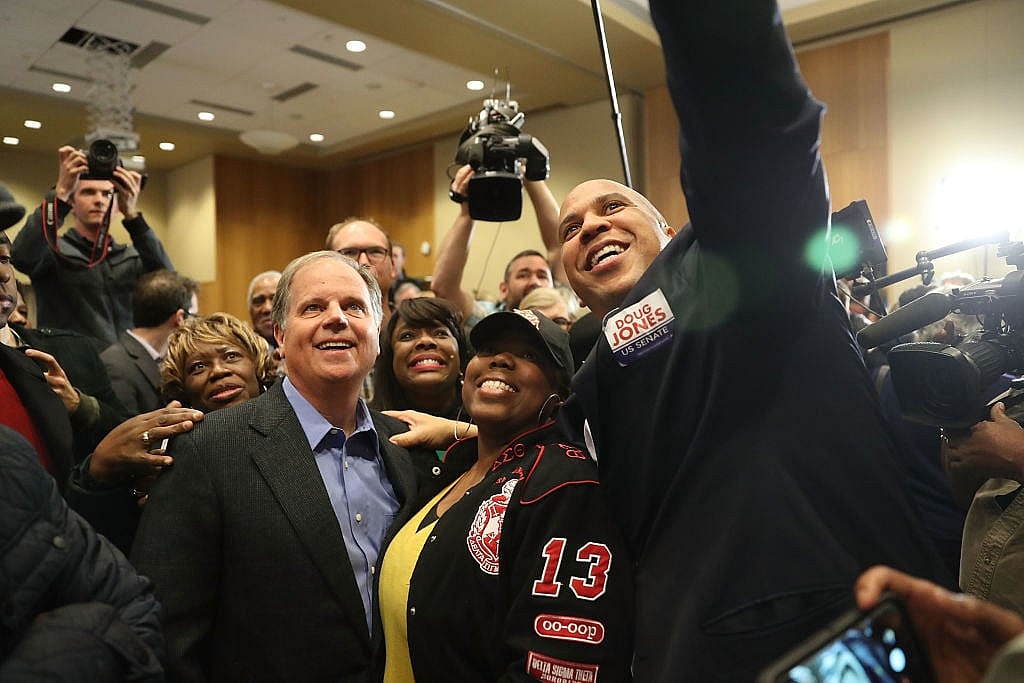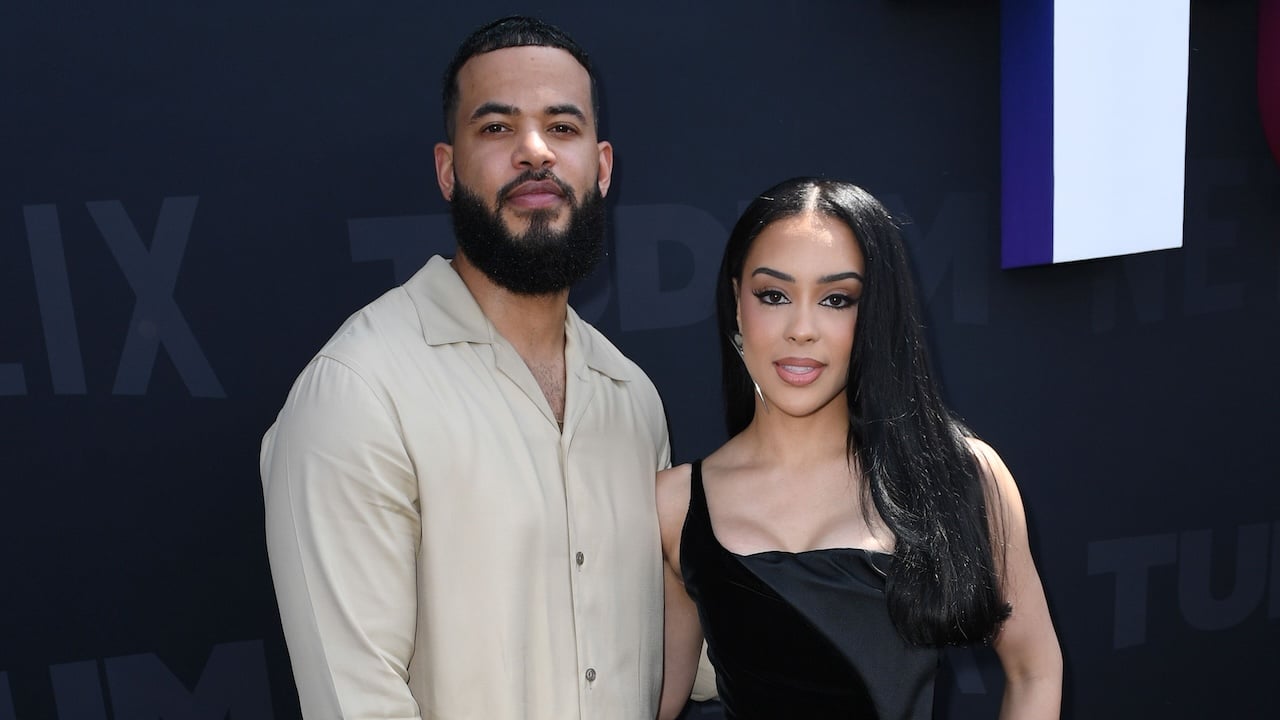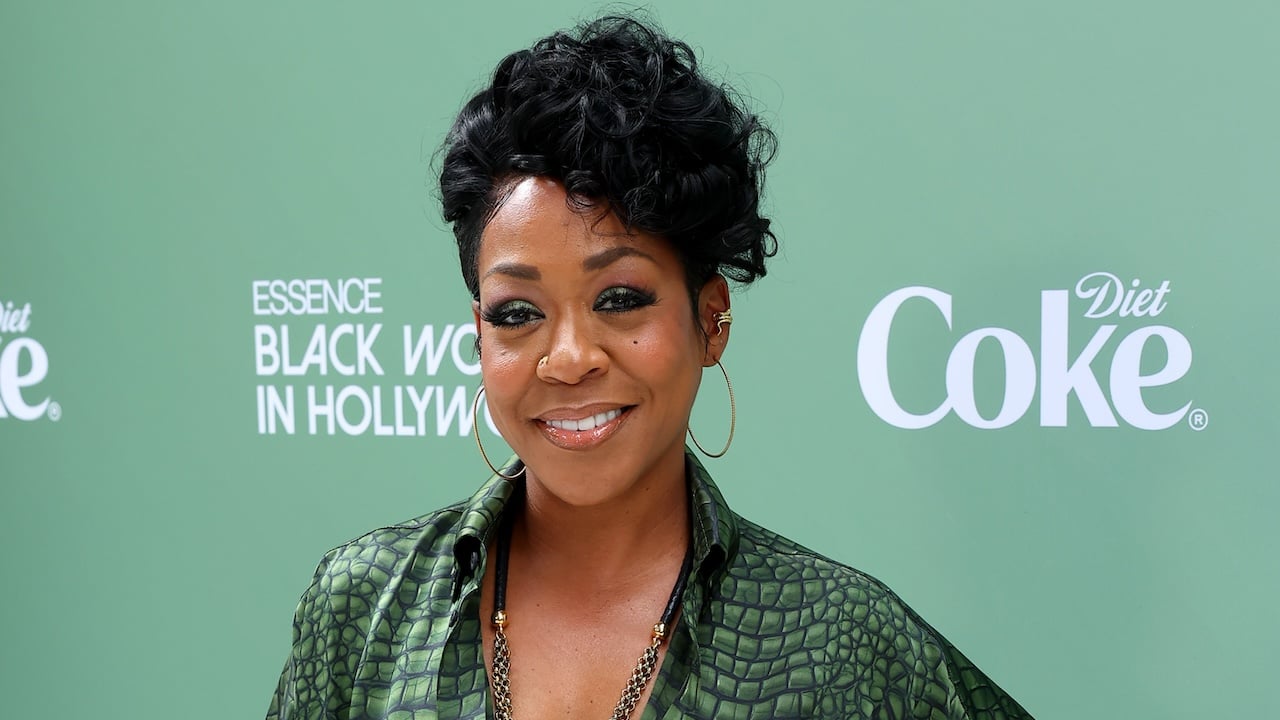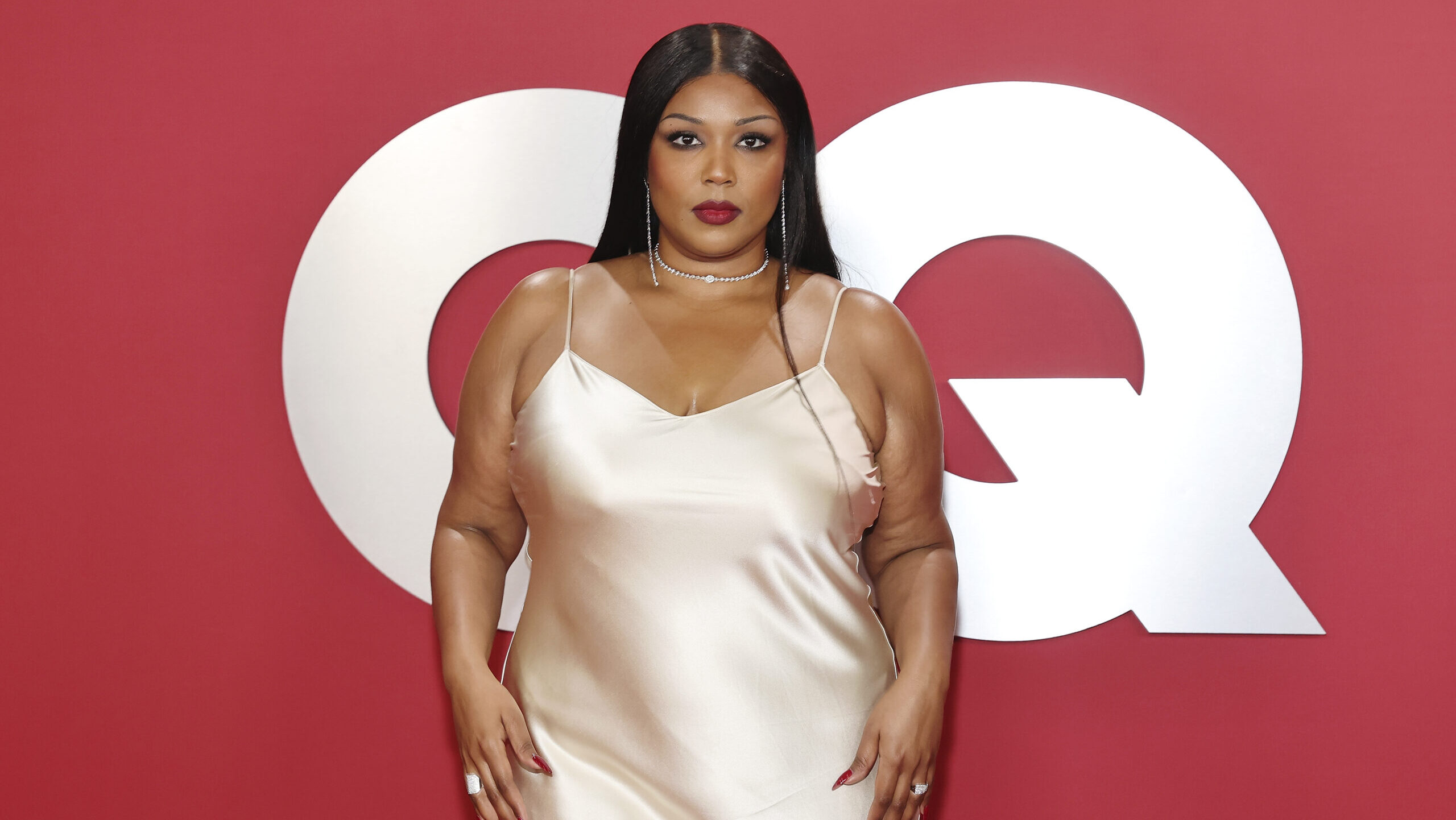Former U.S. Senator Doug Jones is seeking to become Alabama’s next governor, and he’ll likely need the support of Black women to do it.
Jones announced his campaign for governor on Monday, setting up a potential rematch against U.S. Senator Tommy Tuberville, who is seeking the Republican nomination. Tuberville defeated Jones and ousted him from his Senate seat in 2020.
But it was Black women who put Jones in office in the first place.
In 2017, Jones became the first Democrat in 25 years to be elected to the U.S. Senate from the deep-red state of Alabama, a feat largely achieved due to the support of Black women. Jones’ candidacy, supported by Black leaders like U.S. Reps. Terri Sewell and John Lewis, former President Barack Obama, New Jersey U.S. Senator Cory Booker, and former NBA star Charles Barkley observed a higher-than-usual turnout among Black voters, particularly Black female voters.
According to exit polls, Jones received 96% of the Black vote, including 98% of Black women and 93% of Black men.
“#BlackWomen helped elect a Democrat to the US Senate in AL for the first time in more than 20 years. But we need to do more than congratulate them. Let’s address issues that disproportionately affect Black women—like pay disparity, housing & under-representation in elected office,” Kamala Harris, then a U.S. senator, said at the time after Jones’ shocking 2017 victory.

Jones will need to replicate that kind of turnout from Black women, and Black voters more broadly, if he wants to make modern history in Alabama yet again. According to the Brennan Center for Justice, the turnout gap between Black and white voters in Alabama reached a 16-year high in 2024. The turnout rate for Black voters dipped by 6% between the 2020 and 2024 elections. Alabama already has one of the lowest voter participation rates in the country at 58.8%.
If victorious, he would become the state’s first Democratic governor in more than 20 years. But he will first have to win a primary against a handful of candidates, including Yolanda Flowers, an educator and Alabama’s 2022 Democratic gubernatorial nominee. Flowers, a Black woman, lost to current Governor Kay Ivey by more than 35% of the vote.
Part of Jones’ support from the Black Alabamian community could be tied to his past as a federal prosecutor. Jones successfully prosecuted members of the Ku Klux Klan who were involved in the 1963 bombing of Birmingham’s 16th Street Baptist Church.
Jones also played a pivotal role in the historic 2022 nomination and confirmation of Justice Ketanji Brown Jackson, the first Black woman to serve on the U.S. Supreme Court. Jones advised President Joe Biden as he considered his nomination for the lifetime position. Jones later served as an advisor for Jackson as she met with U.S. Senators ahead of her consequential confirmation hearing.
Reflecting on the historic nature of Jackson’s ascent to the Supreme Court and the attacks she received as a Black woman, Jones told theGrio at that time, “The best way to deal with that is to continue to talk about it…you move past by lifting up people like Ketanji Brown Jackson…and letting America see.”
“America saw her as a Black female, but also as an American, as a principled jurist, and you believe beyond that, I believe, by lifting everyone up,” he said. “We lifted John Lewis up, we lifted so many people up across the country,” he said.
The former Clinton administration prosecutor recalled his daughter sending him a photograph of his then 10-year-old white granddaughter playing the role of Coretta Scott King in a fourth-grade history class.
He added, “That’s how you move past all of this; by having people of all races being inspired by individuals so that they can see their accomplishments and see where we can go in America.”





